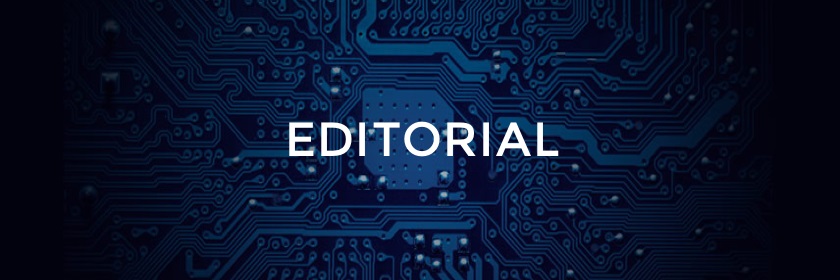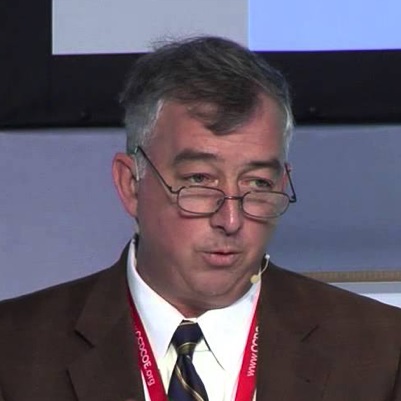Volume 20, Issue 1 Editorial

Fall 2020
This issue celebrates the best papers from the International Conference on Cyber Warfare and Security (ICCWS) held last spring at Old Dominion University (ODU) in Norfolk, VA. As the dates for the conference neared (9-13 March 2020), the United States (and the world) was rapidly shutting down due to COVID-19. Even with 50+ delegates from all over the world already onsite, it was touch and go up to almost the very last moment as to whether the event was going to happen. Luckily, we were able to proceed with the conference, which might go down as one of the last academic conferences conducted in person in the U.S. before the lockdown. What is certain is that the conference was a great event, as evidenced by the papers here that represent the best of the best as rated by the conference stream chairs.
Since those five days in early March, the citizens of the world have struggled to confront a global pandemic the likes of which have not been seen in a century, and the end of which (we are now being cautioned) may be nowhere in sight. That struggle has been and continues to be instructive. Some countries have done quite well in their handling of what has been called the first wave of the outbreak … and some have not. This difference alone is remarkable. Consider how countries such as New Zealand and South Korea have managed to develop and carry out mitigating protocols that have kept their casualty rates among the lowest in the world.
From an information-warfare perspective, it is also remarkable how the pandemic has been politicized and weaponized by different factions, groups, and countries. In the United States, the presidential election has become a referendum on the handling of this crisis and a demonstration of the deep divide that exists between political parties. Elsewhere, it has been reported that a number of countries, including Iran, are vastly undercounting and underreporting their numbers of COVID deaths. And far ahead of the rest of the world, Russia has, it says, developed a “new vaccine” but offers little medical evidence of or information about its efficacy.
Together, what these vignettes demonstrate is how information can be used for good … and bad. Across the globe, in response to this pandemic, we’ve witnessed the fruits of cooperation and transparency, as well as the consequences of division, disinformation, and deception. Life-saving and life-threatening information has been weaponized to advance agendas and achieve political outcomes.
Meanwhile, winter is coming.
Stay well,
Dr. Leigh Armistead, CISSP
Chief Editor, Journal of Information Warfare
leigh.armistead@goldbelt.com
AUTHORS

Peregrine Technical Solutions, LLC Yorktown, VA
Dr. Leigh Armistead is the President of Peregrine Technical Solutions, a certified 8(a) small business that specializes in cyber security, and the Chief Editor of the Journal of Information Warfare. He graduated from the U.S. Naval Academy (1984), earned a master’s degree in Military History from Old Dominion University (1993), and a doctorate in Computer and Information Science from Edith Cowan University (2009). His major field of study is cyber power. He has published three books—all of which focus on the full spectrum of information warfare. He founded the International Conference on Cyber Warfare and Security, and the Vice-Chair Working Group 9.10–ICT Uses in Peace and War. He is a retired Naval officer.
Published In
Keywords
Journal of Information Warfare
The definitive publication for the best and latest research and analysis on information warfare, information operations, and cyber crime. Available in traditional hard copy or online.
Quick Links
Archive

